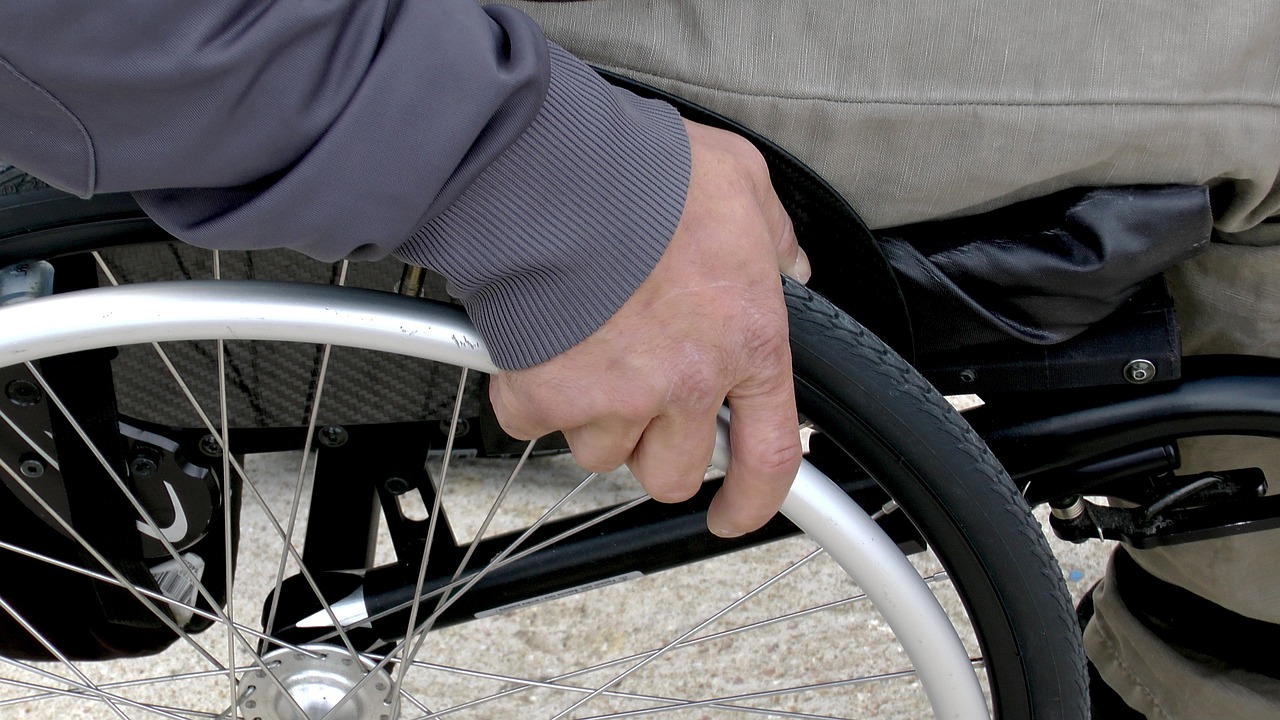Under Section 80U of the Income Tax Act, individuals with disabilities are eligible for tax exemptions. To qualify for these exemptions, the individual must obtain a disability certificate from a designated medical authority. The exemptions under Section 80U vary based on the severity of the disability.
Exemptions under Section 80DD
Additionally, individuals who have dependents with disabilities can claim exemptions under Section 80DD. To be eligible for these exemptions, the dependent must have a disability of 40% or more. The individual can claim a deduction of ₹75,000 for the maintenance, medical treatment, and rehabilitation of the dependent with a disability. In cases where the dependent has a severe disability (80% or more), the deduction amount is increased to ₹1,25,000.
Conditions and Documentation
To claim these exemptions, individuals need to obtain a disability certificate issued by a designated medical authority. The certificate must specify the percentage of disability. It's crucial to maintain proper documentation, including bills, receipts, and medical certificates, to substantiate the claims made for deductions. This documentation should be retained and produced as evidence during tax assessments, if required.
Fulfilling Tax Obligations
To benefit from the exemptions, individuals with disabilities need to accurately report their income, deductions, and exemptions while filing their income tax returns. They should use the appropriate form, such as ITR-1 or ITR-2, depending on their income sources and complexity of investments. Seeking professional guidance or referring to the Income Tax Act can provide further assistance in fulfilling tax obligations.
In India, individuals with disabilities can avail themselves of exemptions and benefits under Sections 80U and 80DD of the Income Tax Act. Accurate reporting and proper documentation are essential for claiming these exemptions while fulfilling tax obligations.








